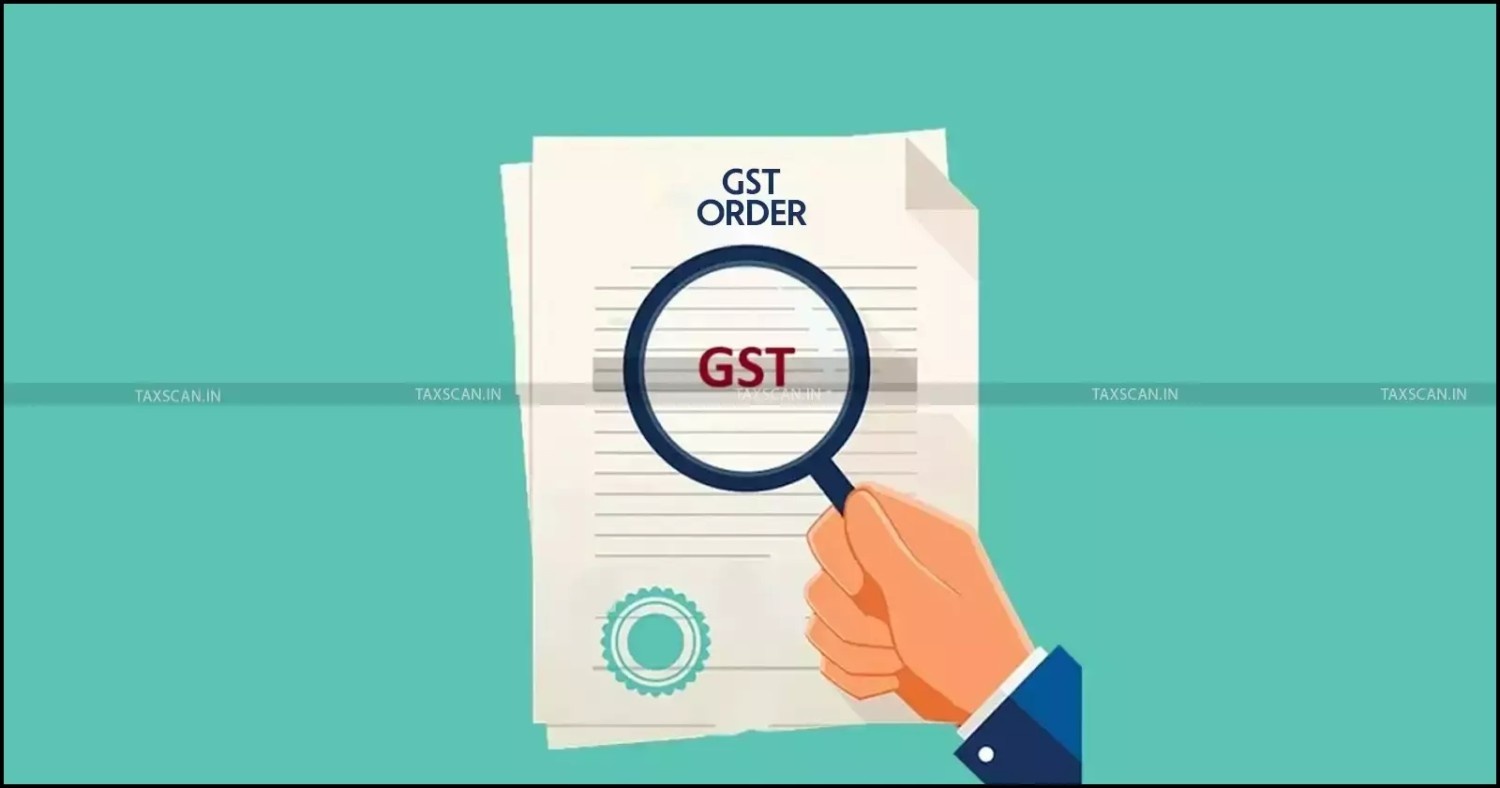No ITC of Cess on Electricity Supplied Outside Factory: Chhattisgarh HC Says External or Ancillary Use Not Business-Linked [Read Order]
The court ruled that ITC is available only on electricity used for captive consumption within the factory and not on electricity wheeled out or supplied externally, even if such use benefits the business indirectly
![No ITC of Cess on Electricity Supplied Outside Factory: Chhattisgarh HC Says External or Ancillary Use Not Business-Linked [Read Order] No ITC of Cess on Electricity Supplied Outside Factory: Chhattisgarh HC Says External or Ancillary Use Not Business-Linked [Read Order]](https://images.taxscan.in/h-upload/2025/10/30/2101003-chhattisgarh-high-court-electricity-supplied-outside-factory-taxscan.webp)
In a recent ruling, the Chhattisgarh High Court held that ITC ( Input Tax Credit ) of Compensation Cess under Goods and Services Tax ( GST ) is not admissible on electricity supplied outside the factory premises, such as to employee townships or for ancillary consumption.
A Division Bench comprising Chief Justice Ramesh Sinha and Justice Ravindra Kumar Agrawal affirmed the findings of the Single Judge and upheld the denial of ITC on the portion of electricity generated and supplied by BALCO to its residential township.
The Court reasoned that such consumption was not “in the course or furtherance of business” as required under Sections 2(17) and 16(1) of the Central Goods and Services Tax (CGST) Act, 2017.
The petitioner, Bharat Aluminum Company Limited had sought a refund of ITC of ₹7.44 crore on Compensation Cess paid on imported coal used for power generation. While electricity consumed in manufacturing aluminum was undisputedly eligible, the dispute arose over electricity supplied to the township maintained for employees.
The tax authorities held that the township supply was for non-business purposes, which led to the ITC reversal under Rule 42 of the CGST Rules.
The High Court depending on the Supreme Court’s decisions in Maruti Suzuki Ltd. v. CCE, Delhi-III and CCE v. Gujarat Narmada Fertilizers Co. Ltd., observed that credit is available only on electricity used for captive consumption within the factory and not on electricity wheeled out or supplied externally, even if such use benefits the business indirectly.
 Also Read:GST, Interest, and Penalty in Final Order cannot Exceed that in Notice: Chhattisgarh HC Sets Aside ₹5 Crore Order [Read Order]
Also Read:GST, Interest, and Penalty in Final Order cannot Exceed that in Notice: Chhattisgarh HC Sets Aside ₹5 Crore Order [Read Order]
The Bench observed that ITC is “a concession, not a substantive right,” and can be availed only within the statutory framework. It held that providing power to the township constituted a welfare activity and not a business-linked supply, emphasizing that business operations must have a direct nexus with taxable outputs to qualify for credit.
The Court also rejected BALCO’s argument that the 2022 amendment inserting Explanation 1(d) to Rule 43 of the CGST Rules which expanded the scope of exempt supplies had retrospective effect.
The Bench held that since Section 164(3) of the CGST Act was not invoked to grant retrospective application, the amendment would apply prospectively from July 5, 2022, and could not affect prior refund claims.
Accordingly, the court held that the electricity consumed outside the factory was not part of manufacturing activity and it dismissed all appeals and affirmed the lower court’s order, holding that ITC must be reversed on electricity supplied for non-business or external use.
Support our journalism by subscribing to Taxscan premium. Follow us on Telegram for quick updates


